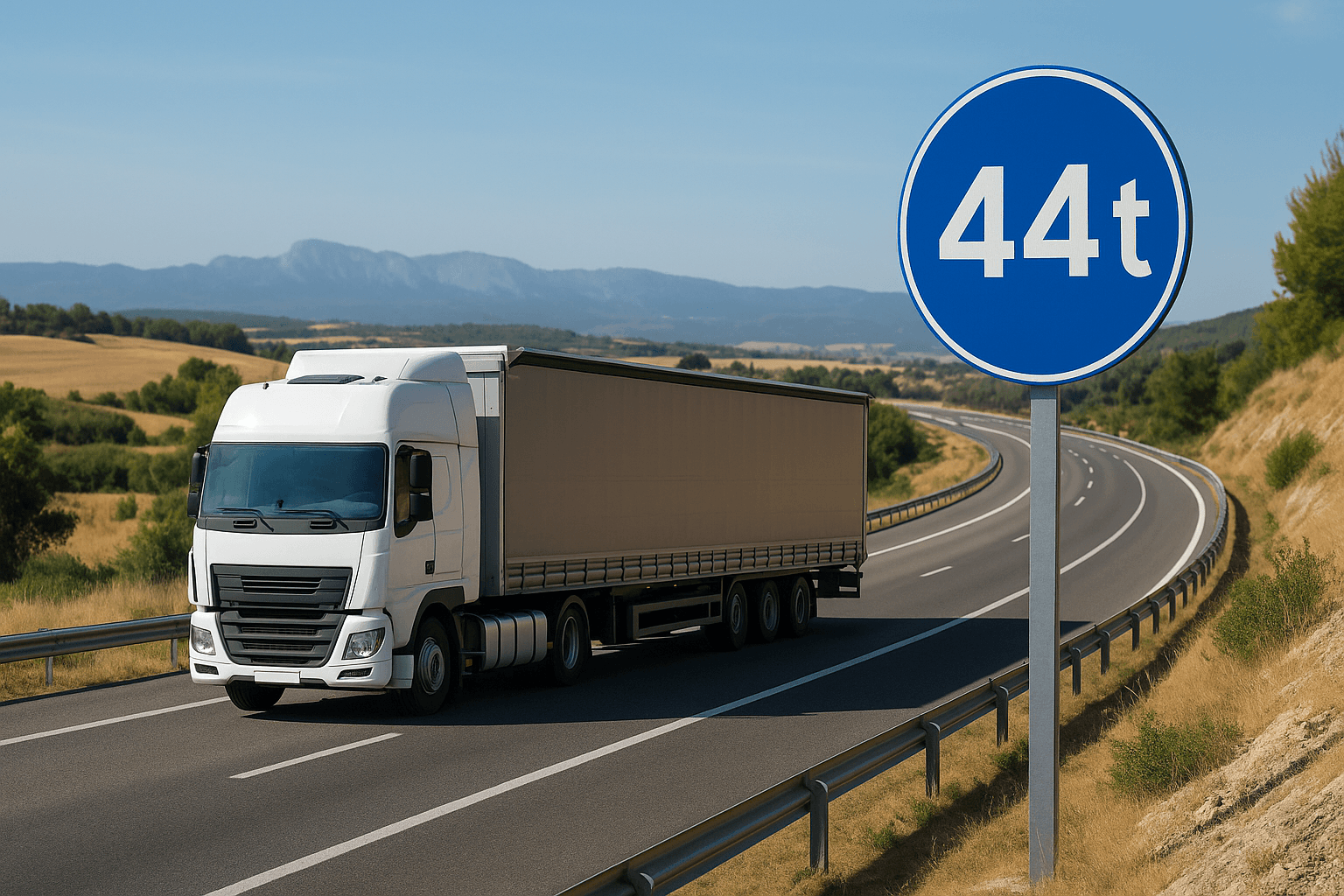'LESS THAN TRUCKLOAD' (LTL) OR 'FULL TRUCKLOAD' (FTL), WHICH IS THE BEST OPTION?

02/27/2024
Optimizing Road Freight Transport
Road freight transport is a cornerstone of global logistics, efficiently and flexibly connecting producers with markets. Within this vast domain, two concepts stand out for their relevance to businesses of all sizes: less than truckload (LTL) and full truckload (FTL). Choosing between these options can significantly impact the efficiency, cost, and safety of transporting your products. Moreover, understanding how advanced logistical solutions are integrated into these processes can be key to optimizing your transport operations.
Less Than Truckload (LTL): Flexibility for Smaller Volumes
Less than truckload, or LTL, is a road transport solution that allows several companies to share the space and cost of the same truck. This option is ideal for shipments that do not require the use of a full truck, offering an economical and flexible solution for small and medium-sized businesses. Palletizing plays a crucial role in LTL, as it facilitates the organization and handling of merchandise within the truck, optimizing space and minimizing the risk of damage.
Full Truckload (FTL): Efficiency for Large Shipments
Full truckload, or FTL, refers to the transport of goods that occupy the entire space of a truck. This mode is preferred by companies with large volumes of shipments, as it offers a direct route from origin to destination without intermediate stops. The use of moving floors in FTL trucks can be especially useful for the efficient loading and unloading of bulk products, allowing the merchandise to be smoothly moved in and out of the vehicle, reducing waiting times and optimizing logistics.
Key Factors in Choosing Between LTL and FTL Transport
When deciding between less than truckload and full truckload, consider the following aspects:
- Load Volume: LTL is ideal for smaller loads that do not justify the cost of a full truck. Palletizing can improve the efficiency and safety of these shipments. For large loads, FTL is more suitable, and the moving floor can facilitate the logistics of loading and unloading.
- Delivery Time: FTL offers faster delivery times due to its direct nature. LTL, although slower, is more cost-effective for smaller loads.
- Cost: LTL allows companies to share transportation costs, making it more accessible for limited budgets. FTL, although more expensive, ensures exclusive service for your merchandise.
- Nature of the Merchandise: The type of products you are shipping can also influence your choice. Fragile or high-value items may require the more controlled conditions of an FTL shipment.
When facing the decision to choose between less than truckload (LTL) and full truckload (FTL) for road freight transport, it is crucial to choose a logistics partner that not only understands these options but also offers customized solutions that perfectly fit the specific needs of your business.
Understanding the importance of connecting your merchandise with its destination in the most effective and safe manner, at Transports Porqueres we specialize in offering a complete range of ground transportation services, including full truckload (FTL) and less than truckload (LTL), adapting to the specific needs of each client. From our logistics center in Girona, we extend our routes throughout Europe, guaranteeing flexible and efficient solutions for transporting your products, whether on pallets or in bulk. With a modern fleet and a dedicated team, we are ready to face the logistical challenges of your company, offering not just transportation, but a comprehensive service experience that includes advanced storage and merchandise management.
Do you want to improve the logistics of your business with a personalized and efficient service? Contact us! Together, we will find the best solution to deliver your products to their destination, with the professionalism and safety you seek.
Tags
Related News

10/7/2025
NEW REGULATION IN SPAIN: AUTHORIZATION TO TRANSPORT UP TO 44 TONNES
A measure to improve efficiency and reduce emissions in domestic road transport
The Spanish Government has approved Order PJC/780/2025, published in the Boletín Oficial del Estado (Official State Gazette) on July 23, ...

11/13/2021
New amendments to the R.G. of circulation, the R. G. of vehicles and the R. G. of drivers.
The Council of Ministers has just approved two Royal Decrees modifying, on the one hand, both the General Road Traffic Regulations and the General Vehicle Regulations and, on the other, the General Driver Regulations. If you want to find out about all the changes, how they affect you and when they come into force, don't miss this new article we ...









